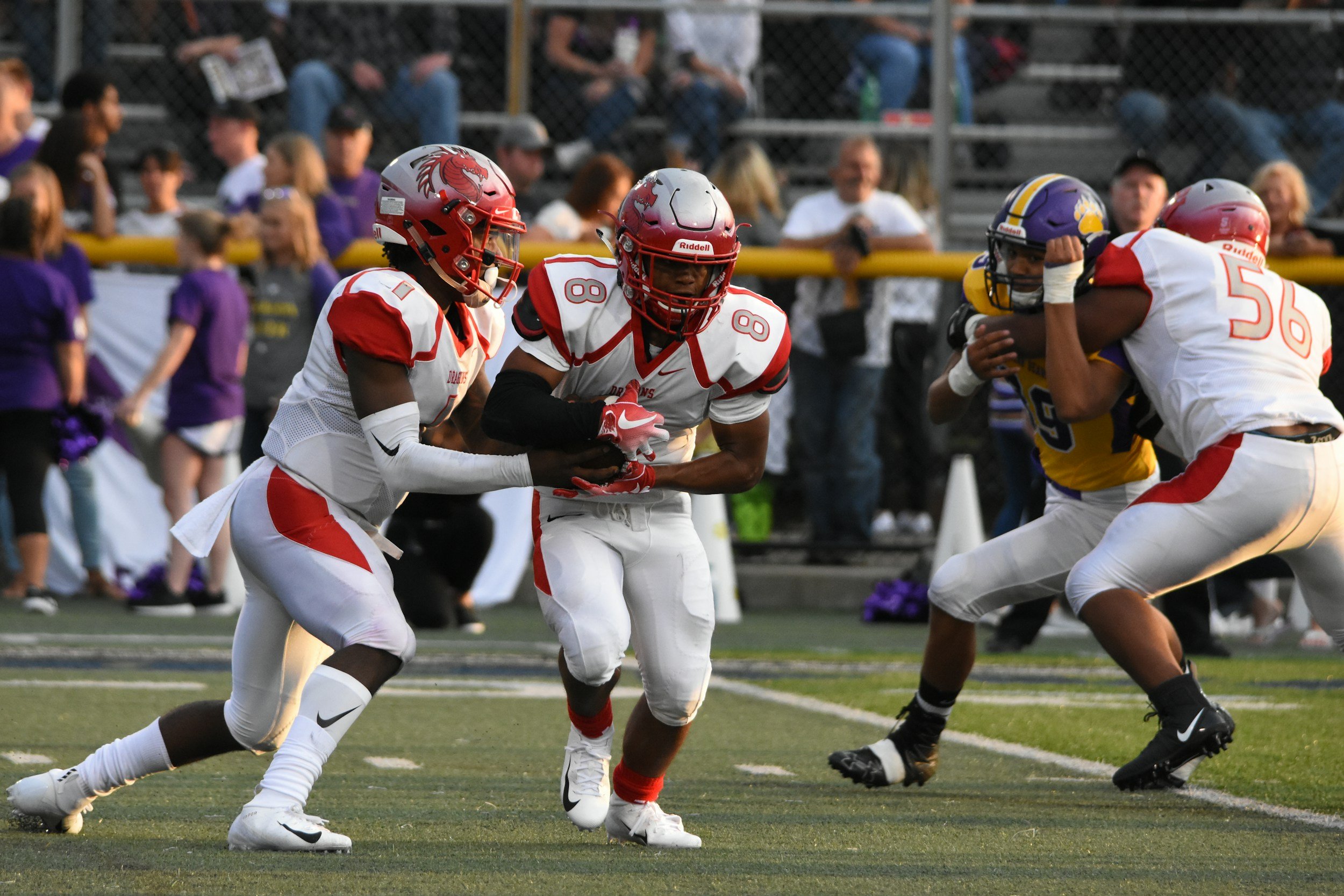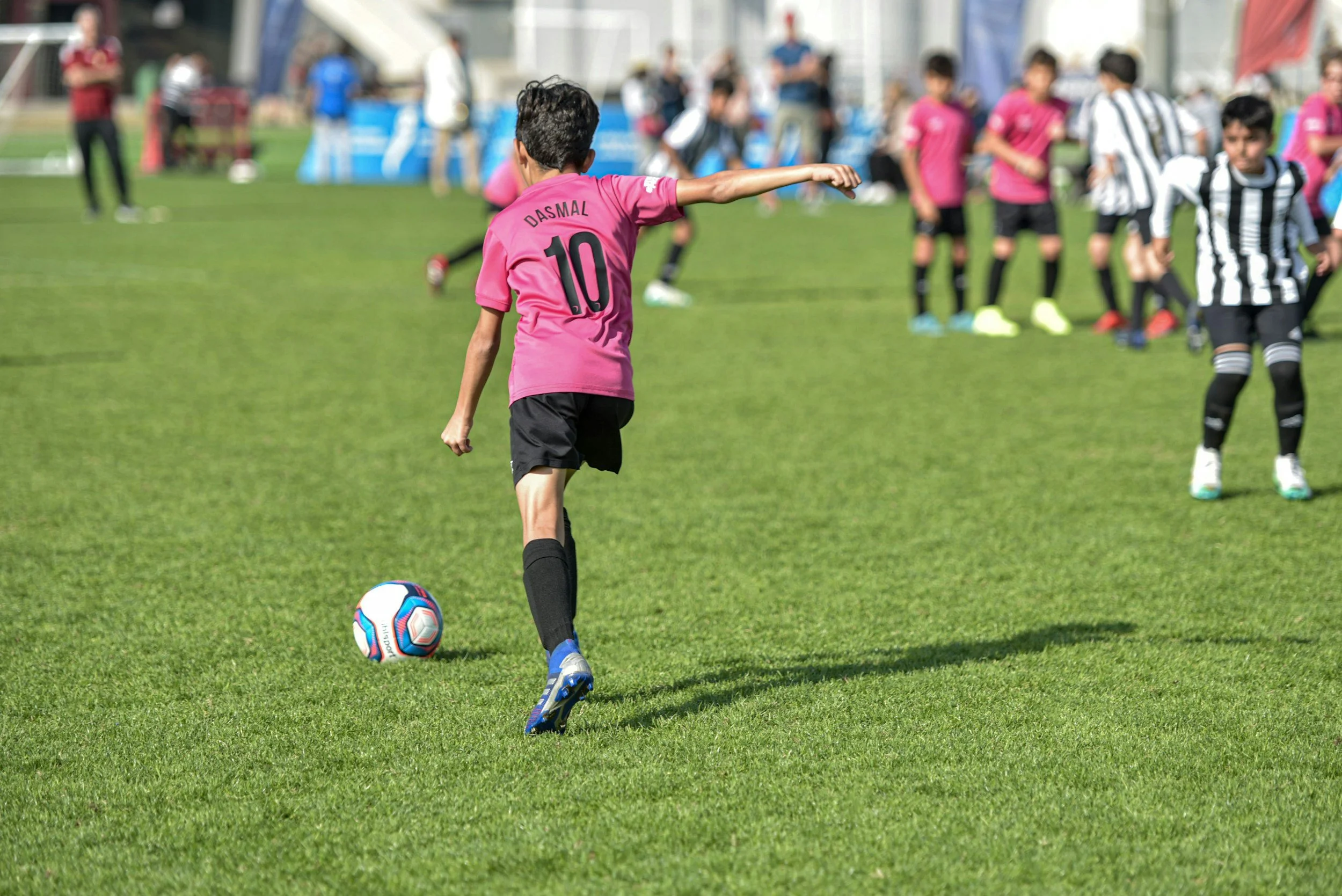Casey Haakinson
Casey Haakinson
Read More
Casey Haakinson
Casey Haakinson
Read More
Casey Haakinson
Casey Haakinson
Read More
Casey Haakinson
Casey Haakinson
Read More
Casey Haakinson
Casey Haakinson
Read More
Casey Haakinson
Casey Haakinson
Read More
Casey Haakinson
Casey Haakinson
Read More
Casey Haakinson
Casey Haakinson
Read More
Casey Haakinson
Casey Haakinson
Read More
Casey Haakinson
Casey Haakinson
Read More
Casey Haakinson
Casey Haakinson
Read More
Casey Haakinson
Casey Haakinson
Read More
Casey Haakinson
Casey Haakinson
Read More









